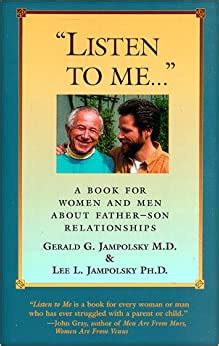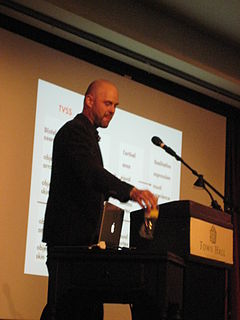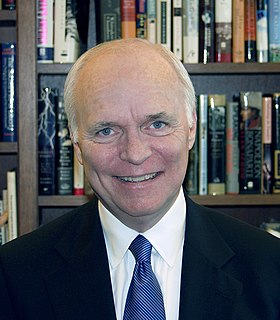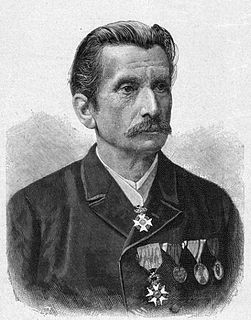A Quote by John Ralston Saul
We must discover how to ask simple questions of ourselves.
Related Quotes
If you let other people do some of the work that we ask ourselves to do, if you allow for the fact that we are ourselves dependent on and distributed over and in a way made up out of the world and processes around us then we can explain certain questions that we otherwise cannot explain and moreover we discover that we are not aliens in a strange world.
We need to remember to teach our children that solitude can be a much-to-be-desired condition. Not only is it acceptable to be alone; at times it is positively to be wished for.....In the silence we listen to ourselves. Then we ask questions of ourselves. We describe ourselves to ourselves, and in the quietude we may even hear the voice of God.
Love knows no virtue, no profit; it loves and forgives and suffers everything, because it must. It is not our judgment that leads us; it is neither the advantages nor the faults which we discover, that make us abandon ourselves, or that repel us. It is a sweet, soft, enigmatic power that drives us on. We cease to think, to feel, to will; we let ourselves be carried away by it, and ask not whither?



































